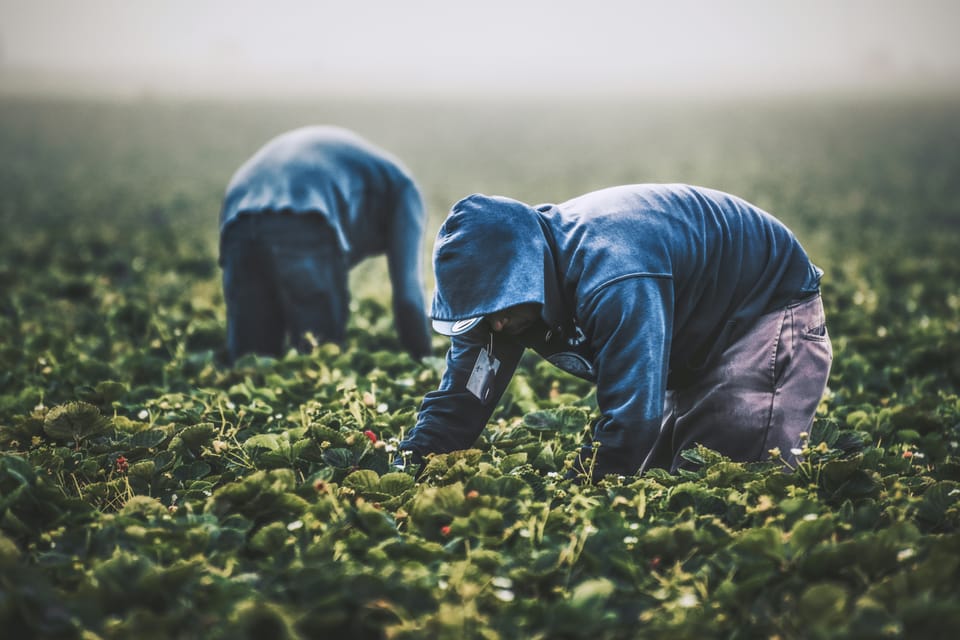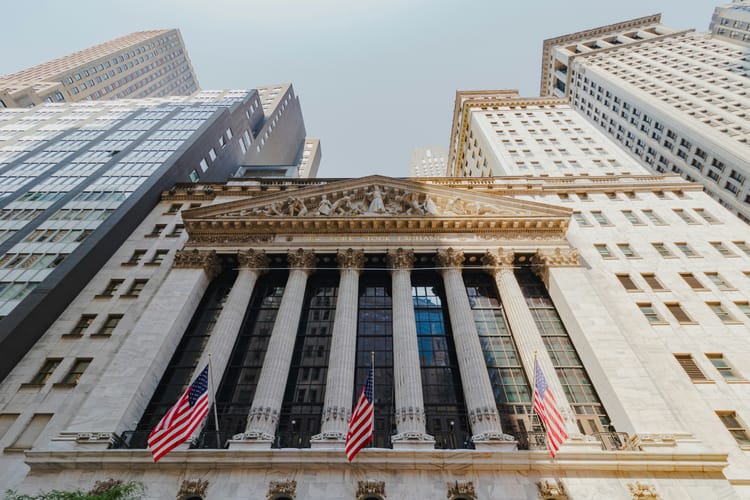Food industry whistleblowers alert investors on climate risks

A group of food industry professionals in the UK have written an anonymous memo to alert investors of the commercial risks the sector faces as a result of climate change and urge them to demand greater action from CEOs and boards.
Stating that they work within “some of the UK’s biggest food producers, manufacturers and retailers” and acknowledging that the note puts them at “personal risk”, the group warns that the world has reached a moment of threat to food security “like none other we have seen”.
They explain that degrading soil health, water scarcity, global warming and extreme weather events are affecting yield, quality and predictability of supply – with clear commercial impacts.
And while this interconnected set of crises has been forecast for decades, the professionals believe that “there are a number of structural and cultural issues that are preventing the severity of this challenge being fully accepted by industry or fully shared with our investors”.
Food-related sustainable development goals around zero hunger, land use, biodiversity and marine ecosystems have been ranked as the most off-track SDGs, and while agribusiness companies are making efforts towards more sustainable production, progress has been too slow to date.
CEOs need to ‘properly respond’ to climate crisis
“The state of the world is not something to blame on food company CEOs or Boards. But they are going to need to properly respond to it for the sake of our companies, the customers we serve, and the communities from which we source,” warns the memo.
Instead, its authors argue that climate risk mapping through TCFD, TNFD and CSRD is seen as a compliance exercise, and mitigation strategies are insufficient – despite being presented to investors as “a fitting ‘solution’”.
The letter urges investors to ask certain questions to the companies they own or lend to, with the belief that financiers’ engagement on these issues is likely to drive greater action to protect businesses, communities and investments.
Questions investors should ask food companies
The suggested questions cover recent changes in the viability of top 10 sourcing regions , misalignments between sustainable sourcing commitments and practices and industry associations memberships, as well as engagement with governments in key sourcing countries, potential claims under CSDDD and other due diligence legislation, and the levels of investment to mitigate these risks as a percentage of annual expenditure.
According to the memo, investors should also ask finance teams how the costs of meaningful action on these issues compares with the potential cost of increasing shocks and disrupted supply.
Another suggested question regards why certain briefing notes or research around risks to regional supply is not shared with shareholders and owners, with the professionals warning that “there is a bias toward pleasing rather than being honest with our directors,
shareholders, owners and creditors”. “We share the good news and are incentivised to create good news in the short term but this comes at a long-term cost of ignoring and underplaying systemic risk,” they add.







Member discussion